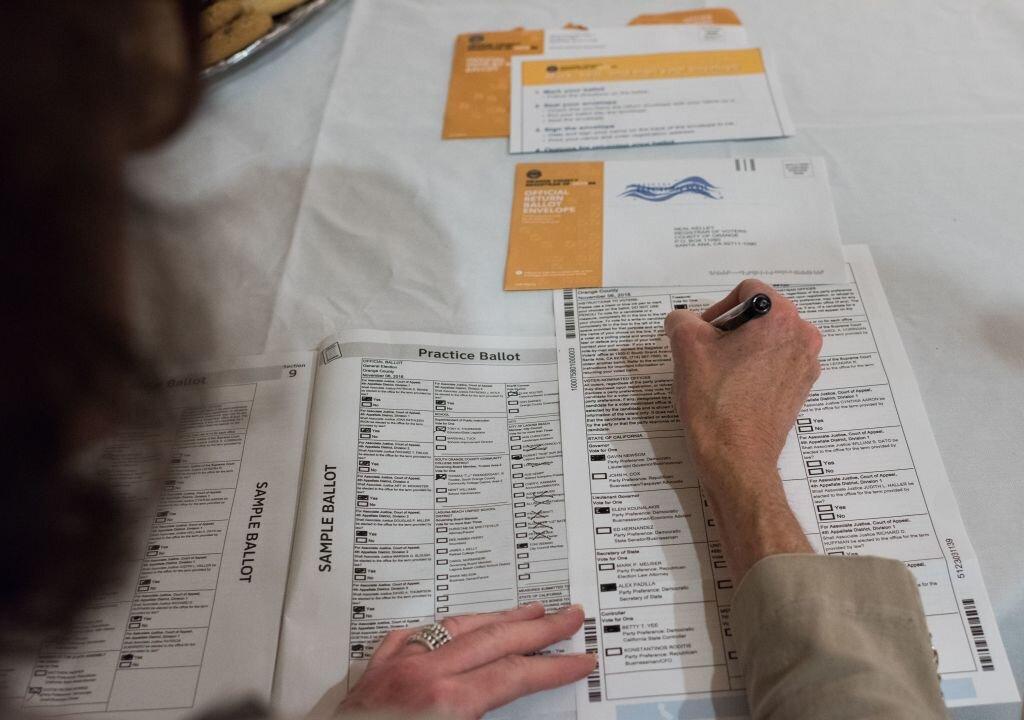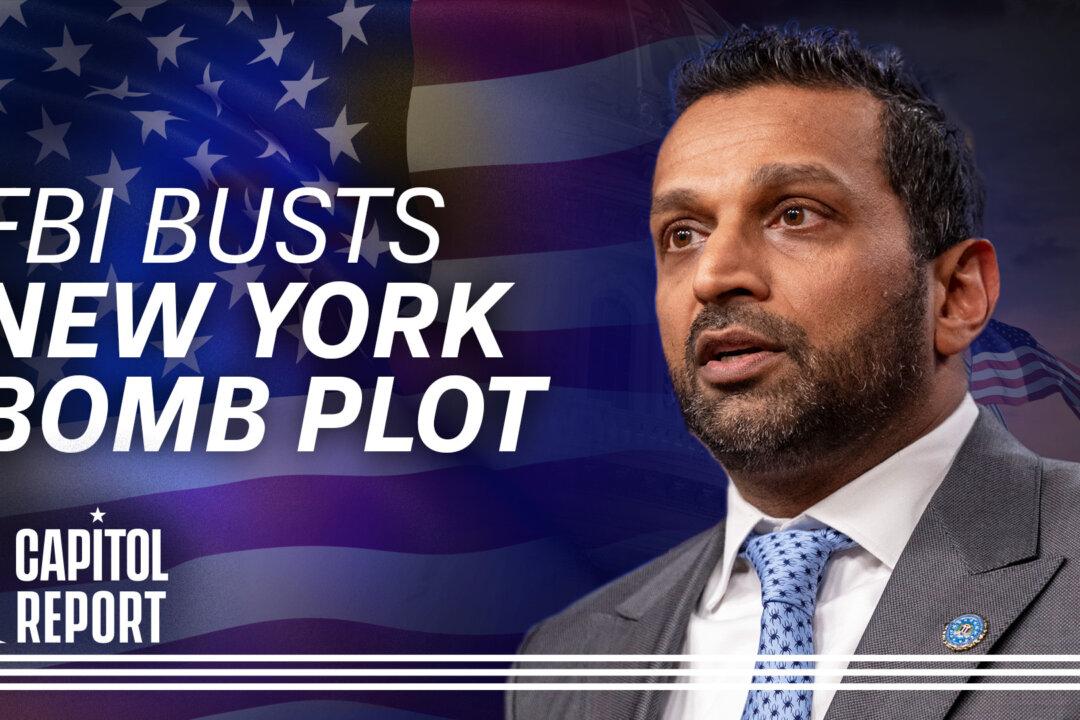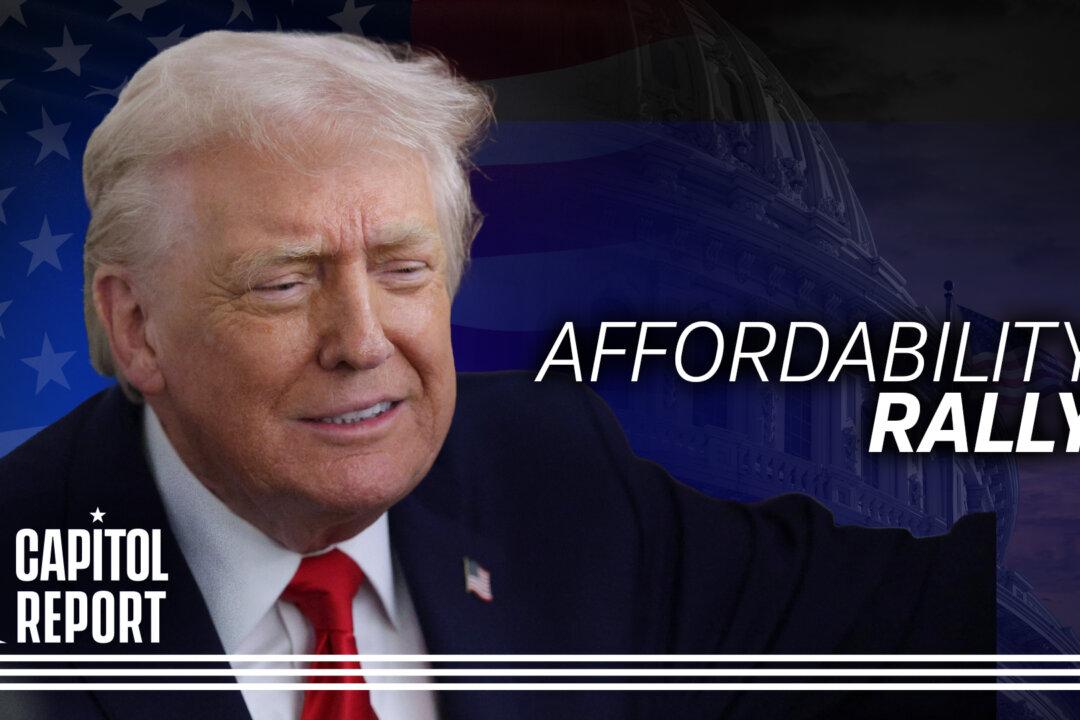The Laguna Niguel City Council unanimously passed a motion to oppose Proposition 16—which would allow diversity to factor in public employment, education, and contracting decisions—at its Oct. 6 meeting.
Proposition 16, which is on the Nov. 3 ballot throughout the state, would amend the California Constitution by removing the current ban on affirmative action that prohibits the consideration of race, sex, ethnicity, and gender by government and public institutions. A majority vote is needed for the amendment to pass.





